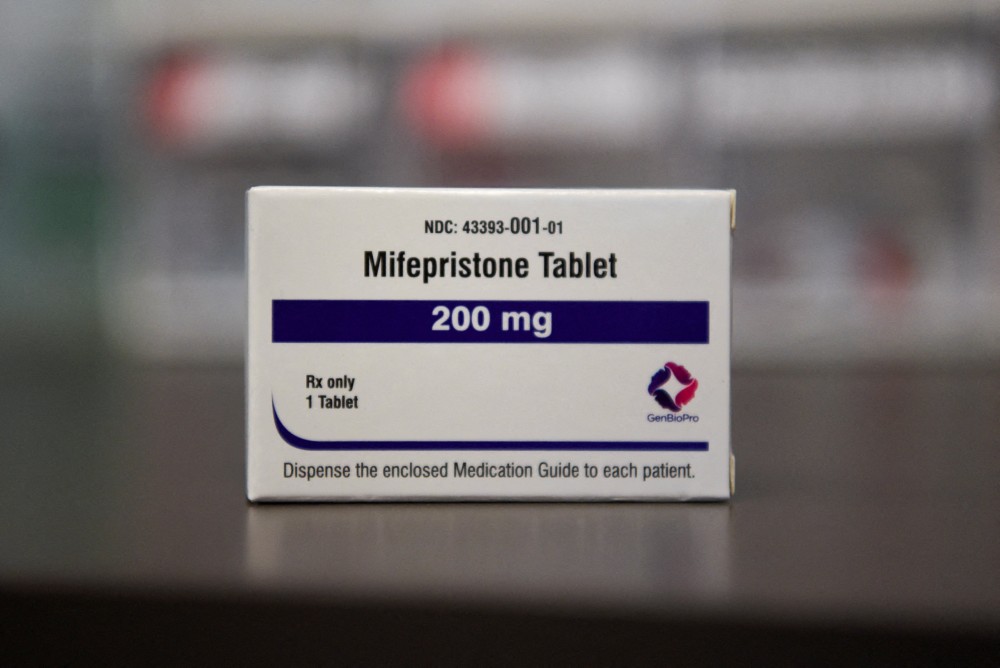
WASHINGTON — Louisiana lawmakers are considering legislation that would classify the abortion-inducing drugs mifepristone and misoprostol as controlled dangerous substances, meaning that possession of these drugs without a prescription could lead to fines or jail time.
Legislators added this amendment to a Senate bill that would make it a crime to give the abortion medication to someone without their consent.
The bill’s sponsor, Republican state Sen. Thomas Pressly, said he proposed the measure after his sister was given misoprostol two years ago without her knowledge by her husband at the time.
In a statement, Pressly said he was seeking to “control the rampant illegal distribution of abortion-inducing drugs” in the state, adding that abortion medication “is frequently abused and is a risk to the health of citizens.”
If approved, the amended bill would make it a felony with fines of up to $5,000 and a possible five-year prison sentence for anyone found in possession of the drugs without a valid prescription.
The proposed measure would place mifepristone and misoprostol under the state’s Uniform Controlled Dangerous Substances Law that regulates depressants, opioids, and other potentially addicted drugs.
The two drugs are usually used in conjunction to end a pregnancy, although misoprostol could be used alone for an abortion. Medicated abortions now account for 63% of abortions in the U.S., according to the Guttmacher Institute, which conducts research on abortion and reproductive health.
A group of more than 200 doctors in the state wrote a letter to Pressly objecting to the measure they said was not “scientifically based” and also pointed out that misoprostol can also be used to prevent gastrointestinal ulcers and to aid in labor and delivery.
Sarah Zagorski, communications director for Louisiana Right to Life, which supports the measure, said in a statement that the use of these drugs “for legitimate health care needs will still be available.”
Louisiana law currently bans all abortions with no exceptions for rape or incest.
The state lawmakers’ discussion of the abortion medication coincides with the Supreme Court’s review of potentially limiting public access to mifepristone after it heard oral arguments about its availability in late March. This was the first abortion case before the court since the Dobbs decision overturned Roe v. Wade two years ago.
Leaders of the U.S. Conference of Catholic Bishops have been vocal in their opposition to the mifepristone since it was first given FDA approval in 2000. They echoed objections in 2016 when the FDA relaxed rules for its use, saying it could be administered with fewer visits to a doctor, and they also objected earlier this year when the FDA announced it was allowing some retail pharmacies to distribute the drug.
Bishop Michael Burbidge of Arlington, Virginia, chairman of the USCCB’s Committee on Pro-Life Activities, issued a statement the day of oral arguments saying: “With dangerous abortion drugs now making up the majority of abortions and increasing in use, we pray that the Supreme Court will restore the Food and Drug Administration’s safeguards for the health of women and protect more preborn children.”
Louisiana lawmakers have until June 3 to give the amended legislation final approval before sending it to Republican Gov. Jeff Landry.
The Supreme Court’s decision on mifepristone’s availability is expected by the end of June.
